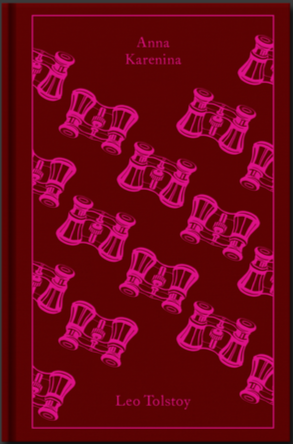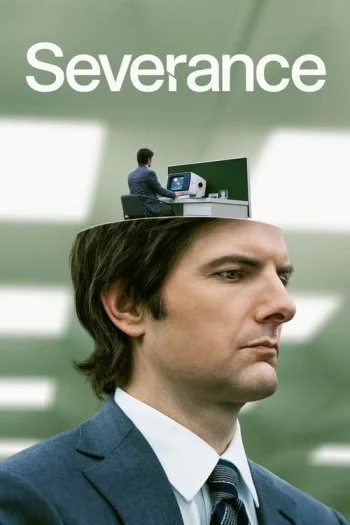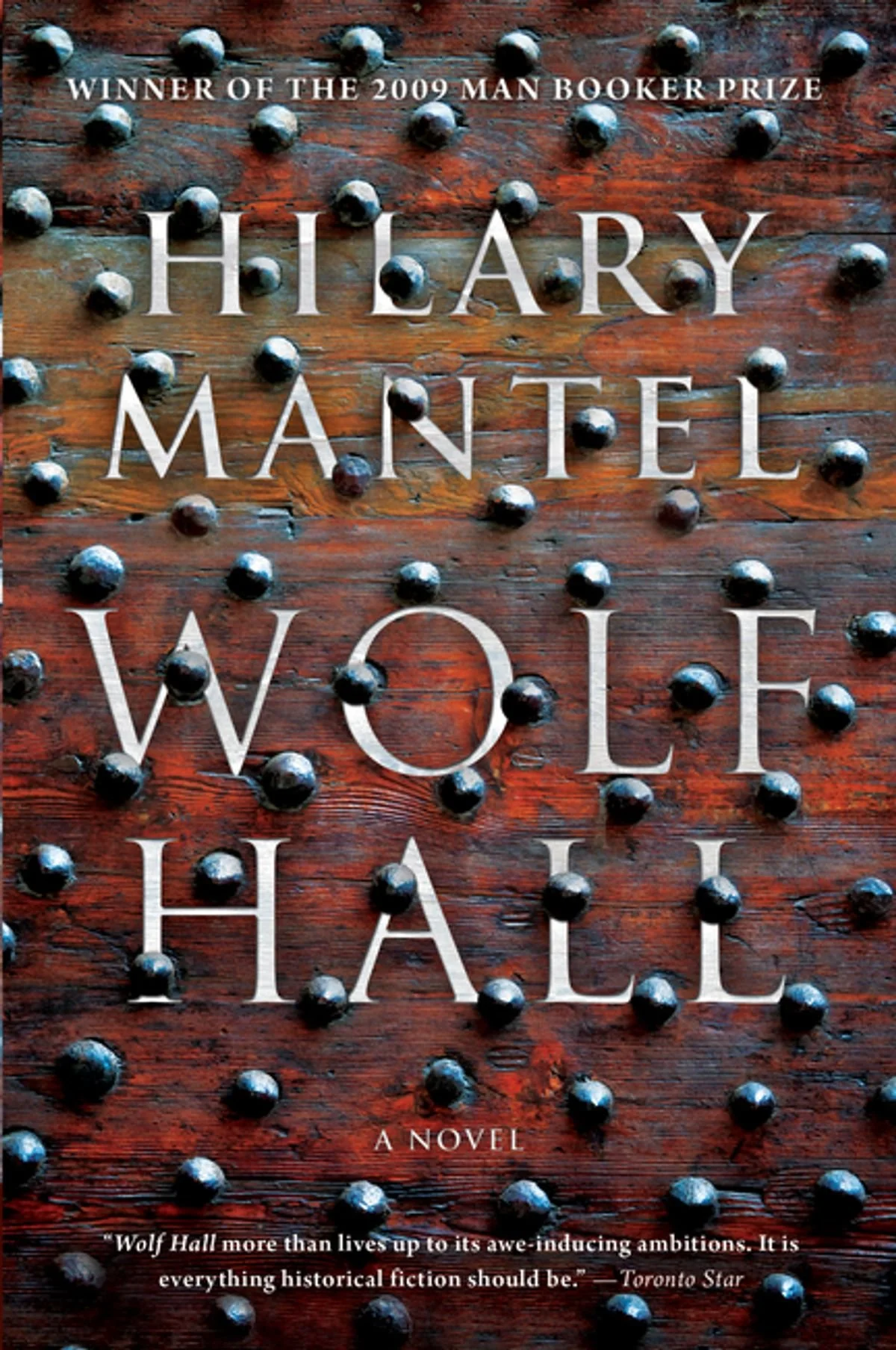Reading as calisthenics for the mind
I freakin' LOVE books, reading, and libraries.
So why am I reading fewer books each year?
This year I've read fewer books than last year. And last year I read fewer than the year before. I know I'm not alone in this—almost everyone I talk to says the same thing.
But for a self-proclaimed bookworm, it stings a little more.
I’ve boiled it down to two reasons:
Spending more time with screens. The temptation is always there, and nothing feels better after a stressful day than soothing myself with puppy and comedy videos on YouTube. Right after spending 8 hours staring at a monitor, I retreat to another screen.
I still read, but I do more 'slow reads' now. Instead of going through books in a couple days (which I still do for a gripping murder mystery), I take weeks, months or even years to finish books.
I want to use this post to explore these topics and why they matter to us...and our brains.
More screen time, less book time
One of the well understood reasons for the decline of reading is our always-with-us screens, which I discussed before: Books: The Greatest Technology Ever Invented.
My iPhone tells me I'm spending more than 2+ hours a day on it, which is nuts to me! The numbers have declined recently, but still. And that's just my phone—it doesn't count my laptop or TV.
Most of that time disappears into YouTube (those puppy videos are too cute!), scrolling social media, or jumping between browser tabs researching something. Each thing feels harmless in the moment, even productive sometimes. But at the end of the day, my brain feels scattered and tired in a way that's different from the good tiredness of focused work.
So why do I care about all this?
Because I deeply care about my brain, the brains of people I love, and the collective brains of human society.
Cal Newport said this really well recently in a video titled "Overstimulation makes you dumber":
He discusses screen use and said something about reading that stayed with me:
"Reading is calisthenics for the mind."
I love this analogy that reading is like doing regular physical movement.
Why?
Because you have to construct worlds in your mind, you engage your imagination, you stop and pause when you need to absorb something, you go back when you don't follow. It's constant and sustained brain engagement.
This is why reading can feel like 'work' and not as relaxing as those comedy videos. It's brain exercise!
Exercise is important as we all know. If all we did was the easy, feel good stuff, we'd never leave our couches and our bodies would atrophy.
Watching clips of puppies, videos by comedians, jumping between windows, and all the other things I do on screens is "couch-time" for my mind. It makes me feel good, but doesn't help long-term.
After watching this, I'm changing my perspective. I tell myself that when I make the effort to put my phone in the other room, and pick up a book, I'm doing exercise for my brain. It's sometimes relaxing, i.e. reading before bed, but it's also work. And that's a good thing!
I hope this perspective helps me decrease my screen time even more...but I know those puppy videos will still call from time to time.
Let's go to the second reason I'm reading less: reading slowly.
The rise of the "slow read"
For the past few years, I've started reading books over weeks or months, not days.
This year I started re-reading Anna Karenina with an online book club. Tolstoy originally released Anna Karenina in 13 parts, over two years, sometimes with months in between parts. Readers had to wait to find out what happens! It's like waiting a year (or more!) for the next season of Severance.
Two things that are an odd combo: Anna Karenina and Severance. But they both have killer cliffhangers!
In this book club, we're not spreading the book over two years, but doing it at a reasonable pace of 13 parts over 13 months. It's about 50-75 pages per month, which is doable for most people.
As an unexpected benefit, I love the monthly discussions that can hone in on a section, or a plot twist, or a character's behaviour in that moment. It's so satisfying to me to savour a small bit, instead of a traditional book club that has to discuss a book as a whole, and glorious tidbits can get skipped.
One downside is that I'm tempted to keep going as Tolstoy is a master of the cliffhanger! Which I only noticed when I had to force myself to put the book down and wait WEEKS to find out what happened.
My brain is forced to go back and remember what I read last month, which I think has some sort of long-term memory impact too. After I read Anna Karenina the first time, a few months later I barely remember the plot. This time around I don't think I'll forget the story as much.
I started my journey with slow reads a couple years ago with Wolf Hall. This was a book I didn't get and had no patience for when it first came out. It's now one of my favourites, and Hilary Mantel is one of my favourite authors.
I read Wolf Hall over four months. A few pages a week. It was more enjoyable reading this way, where I went over passages multiple times, wrote out character lists (because I kept forgetting who all the Thomases are!), looked up history on Wikipedia, and generally took time to immerse myself in 16th century England.
I don't think I could go back to a book club where we read one book a month. It's too much pressure and too rushed. A better pace to me feels like a few chapters a month or 30-50 pages a week.
Slow reads changed my perspective and engagement with books, but I now read fewer books overall. What I'm working on now is letting go of the need to have a 'yearly book goal.' For a list checker and to-do list oriented person like me, it's so tough!
Talking about to-do lists....
My list of slow reads
On my someday list is starting a 'slow reads' book club where the goal for each meeting isn't to finish a book, but just to make progress. Where we enjoy the process. Take our time.
It takes time to build the brain muscle for reading, and embracing the idea of a slow read is a great way to start. The same as if you started training for a marathon, you would start with running 1 KM, then 3, then 5, etc.
The books on my slow read book club list are:
Lord of the Rings: I've read it three times and could do it again.
War and Peace: I've read it twice, but still feel it's worth another read
Middlemarch: Never managed to finish this
Crime and Punishment: Never read it
Odysseus/Iliad: Been too intimidated to read it
Dune: I didn't really enjoy it the first time, but I think it deserves a slower re-read
Go Tell it on the Mountain by James Baldwin: I haven't read it, but have wanted to for years
Any book by Ursula LeGuin, Toni Morrison, Margaret Atwood, Kim Stanley Robinson, Shakespeare....
I could go on, but I'll stop. :) The point is, there are so many books and writers worth savouring.
So what now?
I'm not giving up my yearly book count entirely—I still love that sense of progress. But I'm reframing what counts as success. Maybe in 2026 I only finish 15 books instead of 30. But if I truly absorbed them, if I gave them the time and attention they deserved, isn't that better than skimming through twice as many?
The slow read has taught me something unexpected: reading isn't just about getting to the end. It's about the quality of attention I bring to each page, each chapter, each month I spend with a story. That sustained focus, that brain exercise Cal Newport talks about is where the real value lies.
So I'm making a deal with myself: less couch-time for my mind, more calisthenics. Pick up the book instead of the phone. Read 10 pages instead of watching 10 videos. And when I do read, really read in a slow and thoughtful way, without rushing to cross it off a list.
What about you? What book has been sitting on your shelf, waiting for you to give it the time it deserves?
I hope this inspires you to think about slow reads, or make your own list of books you've been meaning to read instead of spending time with a screen.


